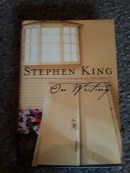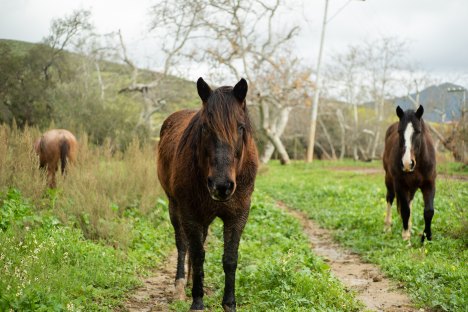I rebranded my blog almost a year ago, in April 2019. My first post remains my favorite, so I am posting it once again. I hope you enjoy it.
* * *
Beginning today, this blog has a new theme – all things writing. As I pursue a second career writing fiction, I’ll post about my writing journey, the craft of writing, lessons learned, mistakes made, and the people who are helping and encouraging me. I’ll also post about books and authors and publishing.
I started this blog to dole out advice about marketing and promotion, strategic planning, and nonprofits, and I still work as a consultant. Check my website – www.techsavvympa.com – for more information or look at my blog archives.
Here we go.
WRITE
Write. A magical word. It’s the ability to conjure scenes and stories from my imagination. I can create characters of any size, color, and personality. I can have people run races or play the piano or murder someone or solve a crime. They can live at the beach or in a city or on a different planet. There can be love interests, annoying neighbors, best friends. I can create a world with monsters or aliens. I can make up my own rules.
How cool is that? It’s the best.
When I say I’m writing, what I’m actually doing is conjuring, creating, imagining.

Photo by Mervyn Chan on Unsplash
Writing and reading are like breathing and eating for me. I have to do all those things to survive and thrive. Although reading was my first love, once I learned to write, reading took second place.
I’ve heard some writers don’t like to sit down and write. Most days, I can’t wait to get to my writing desk. I go to sleep thinking about my characters and what they’ll experience in my next day’s writing.
Many times, my characters do things that surprise me. I’m the type of writer the industry calls a “pantser”, which basically means I don’t make an outline and I don’t know everything that will happen. I rough out my main characters and a main plotline, and go from there. Sometimes I know the ending; sometimes I don’t. (More on “pantsers” and “plotters” in another post.)
To me, that’s part of the beauty of it. The characters I create take over and go their own way. They come alive in my imagination, so much so, that I can picture the setting and the people, and their gestures and expressions.
I can see the waves crashing on the shoreline as the angry, young woman throws rocks into the water and clouds roll overhead. I can see the hiker with his walking stick in the woods, seeking a bird or butterfly that’s known to nest there. I can smell the detritus of a burned-out forest. I can touch the coat of the black lap cat who comes around frequently for some love from his elderly owner. I can hear them both purring.
And, yes, I can taste that pineapple upside down cake that the mom makes for each of her six children on their birthdays. Do you see her with flour smudges on her face as she puts the cake into the oven? Can you smell it baking, the aroma filling the kitchen? Her kids can. They all run into the kitchen, one after another. “Is it done yet?” Do you see the scoop of vanilla ice cream melting next to the slice of cake? I do, and I can’t wait to pick up my fork.
Mmmm. What could be better than this?
Time to conjure.
###




 Posted by Theresa Henige
Posted by Theresa Henige 








